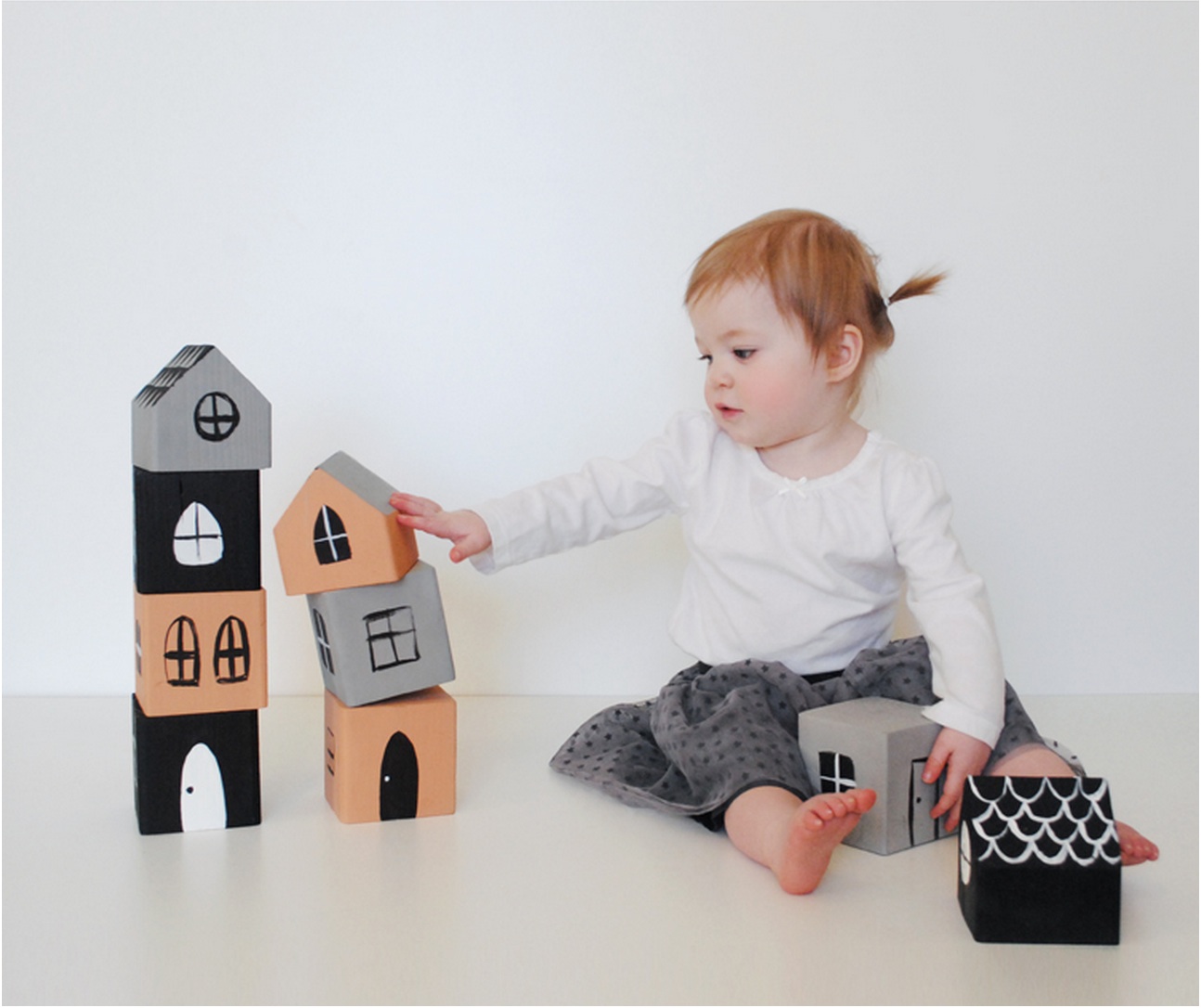
Dad’s Guide to Handling Parenting Criticism
As a dad, you’ve likely faced sharp remarks or unsolicited advice on how to raise your kids. Studies indicate that parents, especially fathers, experience stress when criticized for their parenting choices.
This guide will arm you with practical tips to manage and learn from the feedback without it taking a toll on you or your family. Keep reading – handling criticism is about to get easier!
Identify why criticism may be triggering
Criticism can hit like a punch to the gut, especially when it comes to something as personal as parenting. You pour your heart and soul into raising your child, so when someone questions your methods, it’s more than just words; it feels like an attack on your identity as a dad.
This sting may be even sharper if you’re already feeling unsure or overwhelmed by the challenges of parenthood. Society often adds pressure with gender stereotypes in parenting, implying that fathers are less competent caregivers which only amplifies the discomfort you feel when facing criticism.
Handling feedback about parenting becomes tougher because it’s intertwined with deep emotions and responsibilities. Every piece of unsolicited advice or critique might seem to undermine the love and effort you invest every day into being a good parent.
It suggests that despite all this effort, there might still be room for improvement which can be hard to accept. Moreover, dads striving for support and guidance don’t always find constructive spaces where they can openly discuss their struggles without judgment; thereby making each parenting critique feel isolating rather than helpful.
In navigating these complexities, remember that understanding why criticism triggers such strong reactions is the first step towards coping effectively with judgment in your journey through fatherhood.
Decide whether to engage or not
When faced with parenting criticism, assess the source and intention before deciding to engage. Evaluate if the feedback is constructive or simply meant to provoke a reaction. Consider how engaging may impact your well-being and that of your child.
Reflect on whether the critique aligns with your parenting values and goals. Avoid getting drawn into unnecessary conflict by maintaining perspective and focusing on what truly matters.
Take time to weigh the potential benefits of engaging against the emotional toll it may take on you and your child. Prioritize open communication but recognize when disengaging serves as a healthier choice for both parties involved in this delicate situation.
Consider impact on child
Reflecting on criticism and deciding whether to engage or not can have a significant impact on your child. Keeping in mind the effects of handling feedback will help create a healthier environment for your child.
Your response to criticism directly influences how your child learns to cope with judgment and communicate their own feelings.
Reflect on what can be learned
Considering the impact criticism may have on your child can help you reflect on what can be learned from such feedback. This process allows you to consider how constructive criticisms can benefit both your parenting and your child’s development.
By reflecting on the underlying message of the critique, you can identify opportunities for personal growth and improved communication with your child.
It is essential to approach criticism as a chance for learning rather than a personal attack. Embracing this mindset provides an opportunity to model resilience and self-improvement for your child, demonstrating the importance of open-mindedness and adaptability in the face of challenges or differing opinions.
Remind yourself you’re doing your best
Acknowledge that you are doing your best in your role as a father. Recognize that parenting is a challenging journey, and it’s okay to make mistakes along the way. Trust in your ability to provide love and support for your children, even when faced with criticism.
Embracing this mindset can empower you to respond to feedback with resilience and confidence.
As you navigate the complexities of parenting, remember that striving to do what is best for your child is an ongoing process filled with learning opportunities. By acknowledging your efforts, you can approach criticism with a level-headed perspective, fostering positive growth for both yourself and your child.
Take a deep breath
In challenging moments, taking a deep breath can help bring calm and clarity. It allows for a moment of pause before responding to criticism, helping to prevent reactive responses that may escalate tensions.
Breathing deeply can also provide a chance to gather thoughts and consider the best course of action in addressing the critique. By taking a deep breath, dads can create space for thoughtful communication and problem-solving, fostering an environment where both their own feelings and those of their children are acknowledged.
As you focus on embracing feedback and growing from it, considering the impact on your child is essential. Let’s explore ways to avoid criticizing your child while responding to parenting critiques.- Understanding Criticism.
Talk out feelings in a healthy way
Expressing your emotions in a healthy manner is vital for maintaining open communication with your child. By sharing your feelings openly and calmly, you can teach them the importance of emotional expression and create a safe space for them to do the same.
Talking out your feelings also fosters understanding and empathy, which is essential in building a strong parent-child relationship.
In challenging moments, it’s crucial to communicate with your child about how criticism makes you feel. This opens up an opportunity for dialogue, allowing both parties to express themselves honestly and respectfully.
Conclusion
In conclusion, handling parenting criticism can be challenging but by understanding the triggers and impact, dads can respond effectively. Avoiding criticizing your child involves reminding yourself that you’re doing your best and engaging in healthy communication.
By being open to correction and focusing on constructive feedback, navigating parenting challenges becomes a growth opportunity.




